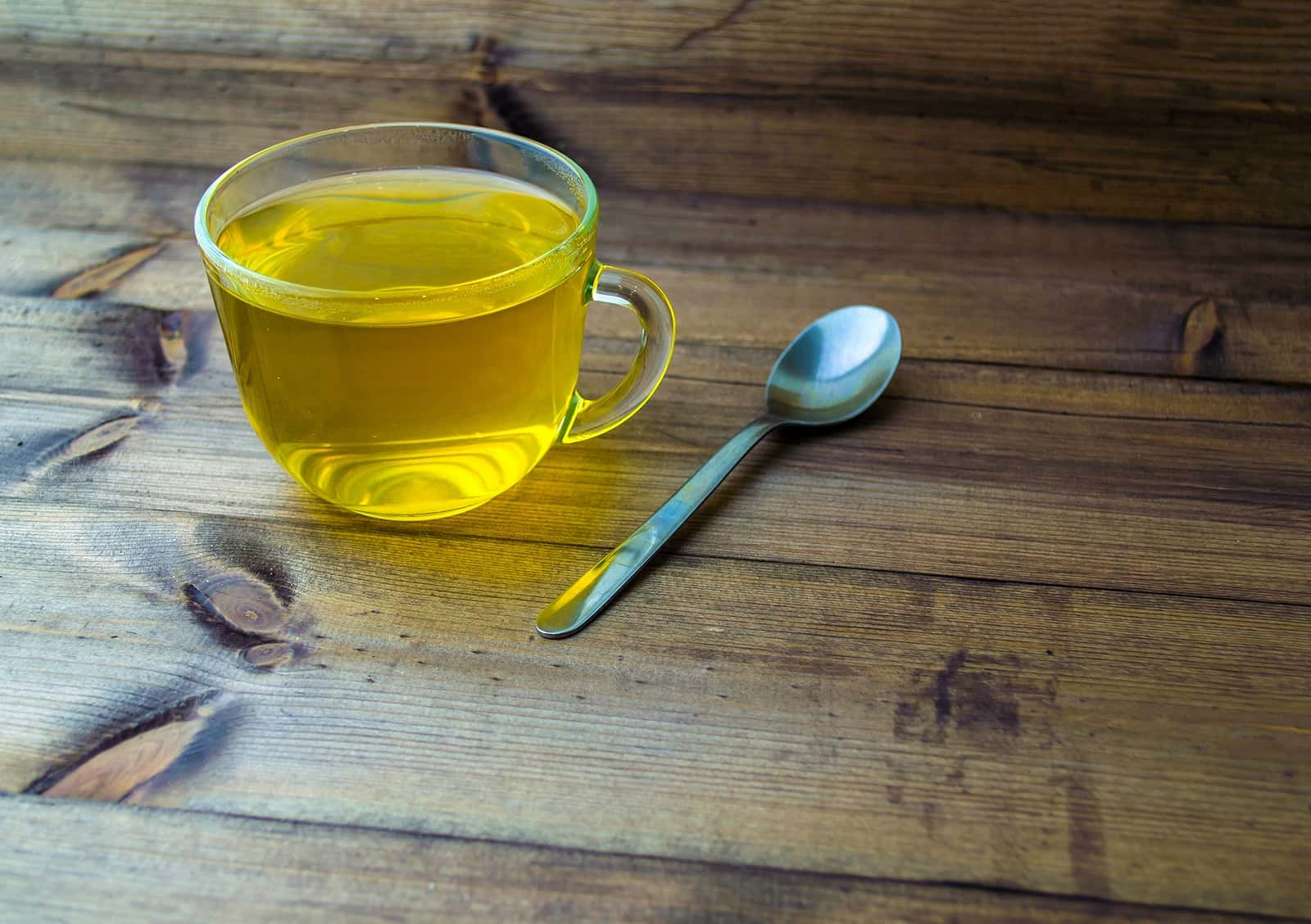
Like most people, we love spending tie outdoors in warm weather, but we hate itchy bug bites. While some potent topical steroids (such as clobetasol) can be helpful, you need a prescription to access them. That’s why we are so enthusiastic about a simple home remedy: hot water!
Easing Itchy Bug Bites with Heat:
More than 30 years ago we stumbled across this bizarre tip in a dermatology text book (Dermatology: Diagnosis and Treatment, 1961, P. 94) edited by a giant in the field, Dr. Marion Sulzberger. The water has to be hot, roughly 120 to 130 degrees F. That means it is uncomfortable, but no so hot as to burn sensitive skin. The application is VERY short…a couple of seconds at most. Either expose the skin very briefly to hot running water or use a hot washcloth for a second or two.
According to the dermatology experts from the 1960s, the hot water “short circuits” the itch reflex. In other words, the nerve network in the skin gets so overloaded by the heat stimulus, the urge to scratch is abolished for up to three hours. You will be amazed at how fast the relief occurs.
Warning:
A word of caution, however. This approach is better for itchy bug bites and probably not a good idea for poison ivy where there are open sores or big blisters. Heating the skin could make hives far more uncomfortable (Acta Dermato-Venereologica, Feb. 22, 2022). Serious skin irritation or itching requires medical diagnosis and treatment. Be VERY careful NOT to burn yourself with water that is too hot. Only a second or two exposure is necessary.
Here is a report from a reader on a quick and easy way to apply this heat treatment.
Hot Spoon to Treat Itchy Bug Bites:
Q. I have been a magnet for mosquitos since childhood, yet only in recent years did I learn about the amazing “hot spoon” treatment for itchy bug bites. When the bite is fresh, heat a spoon in a glass of hot water or coffee, and then press the back of the spoon against the bug bite, as hot as you can stand it. The heat from the spoon somehow neutralizes the mosquito bite, drastically reducing the time and intensity of the itchiness. This has been a godsend for me the past few summers!
A. People vary enormously in their attractiveness to mosquitoes. They also differ in how strongly they react to the bites. Some people, like you, are mosquito magnets and should wear insect repellent whenever they step outside.
Most people experience some itching and redness and perhaps a bump where a mosquito has bitten them. Scientists think this is a histamine-driven reaction to mosquito saliva. Other individuals, however, have a serious reaction to mosquito bites that lasts for weeks rather than days. Doctors have termed this “skeeter syndrome.”
Dr. Marion Suzlberger described the hot water remedy for itches over 50 years ago in the textbook, Dermatology: Diagnosis and Treatment. Heat desensitizes the nerves in the skin that transmit an itch sensation. We suspect that the hot spoon trick works through the same mechanism. Neither the spoon nor the hot water should be so hot that they burn the skin.
High-tech versions of this approach are now available under brand names such as Bite Away, Bite Helper and Therapik. These are battery-powered devices that deliver heat to itchy bug bites.
Learn More:
To read more about this remedy and comments from visitors, visit our Home Remedy Library at the top of this page.
You can read comments like this one:
“This hot water cure WORKS and is miraculous as far as I am concerned. A few months ago I had a terrible bout with insect bites: some I think were a severe allergic reaction to a bite. I tried everything the pharmacy and my dermatologist had to offer, and then went to People’s Pharmacy web site in total desperation and read about the hot water treatment. I couldn’t believe it. At first you think it isn’t working, but then you stop the hot water and realize the itching is gone. I use it on any bite now, and have told everyone I know. It is great!”
Citations
- Riccio D et al, "Mild skin heating evokes warmth hyperknesis selectively for histaminergic and serotoninergic Iich in humans." Acta Dermato-Venereologica, Feb. 22, 2022. DOI: 10.2340/actadv.v102.173

